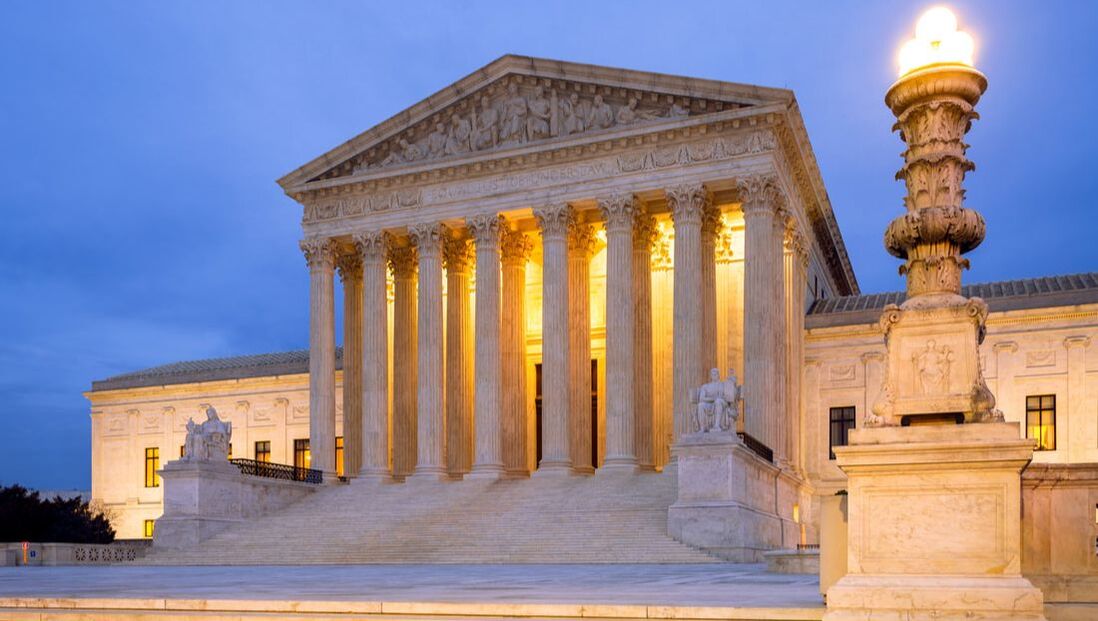|
Next week the U.S. Supreme Court will decide whether to hear a First Amendment case brought by the American Civil Liberties Union about the withholding of opinions issued by the secret Foreign Intelligence Surveillance Court (FISC).
ACLU and its supporters want the Court to decide whether the FISC has jurisdiction to deny that the First Amendment provides a qualified right of access to the court’s significant opinions (subject to redactions); whether the Foreign Intelligence Surveillance Court of Review (FISCR) has jurisdiction to consider an appeal of the denial of such a motion; and whether the First Amendment provides a qualified right of public access to the FISC’s significant opinions. It’s the first time the nation’s high court has been asked to resolve whether the FISC must make its secret opinions public. While many view this complex case from the stance of government surveillance policy and privacy concerns, the vitality of the First Amendment is at stake as well. The ACLU’s petition is the culmination of a years-long, multi-tiered, labyrinthian dispute with the FISC dating back to 2013. ACLU states it “has filed three motions in the FISC asking it to release secret opinions authorizing the surveillance of Americans. The public has a right to see the legal decisions addressing novel surveillance programs that affect our privacy and free speech rights — but many of the FISC’s opinions remain closely guarded secrets.” George Will put it this way: “What is disturbingly anomalous is a court whose jurisdiction implicates fundamental rights, but whose reasoning is made public only at its discretion.” There’s further reason for concern: Other FISC opinions that have been made public have revealed major legal violations in the surveillance of Americans by the government. The ACLU maintains that under separation-of-powers principles, courts – not the executive branch – should decide whether judicial opinions ought to be made public. Voluntary review by the executive branch is not a substitute for judicial review, especially since the executive branch’s control of the FISC opinion declassification process makes it all too easy to release opinions slowly and opportunistically. The Justice Department, headed by Attorney General Merrick Garland, argues that the First Amendment doesn’t extend to the public’s right of access to secret decisions issued by a federal court. As a federal appeals court judge six months before he was nominated to be attorney general, Garland stated that court decisions are public documents, and that judicial decisions have been held open for public inspection since at least the time of Edward III. Judge Garland wrote of the right of access to judicial records: “At bottom, it reflects the antipathy of a democratic country to the notion of ‘secret law,’ inaccessible to those who are governed by that law.” Judge Garland’s statement is in harmony with an amicus brief filed by the civil liberties organization, The Project for Privacy and Surveillance Accountability: “This case raises a significant question: How can the American people learn of, debate, and cast informed votes relating to the Executive Branch’s surveillance activities performed in their names … if the government refuses to disclose that information?” Protect The 1st hopes the Court will bear in mind the words of one of its own — Associate Justice Elena Kagan, who said, "The Supreme Court … has the responsibility of ensuring that our government never oversteps its proper bounds or violates the rights of individuals. But the Court must also recognize the limits on itself and respect the choices made by the American people.” Comments are closed.
|
Archives
June 2024
Categories
All
|
ABOUT |
ISSUES |
TAKE ACTION |



 RSS Feed
RSS Feed